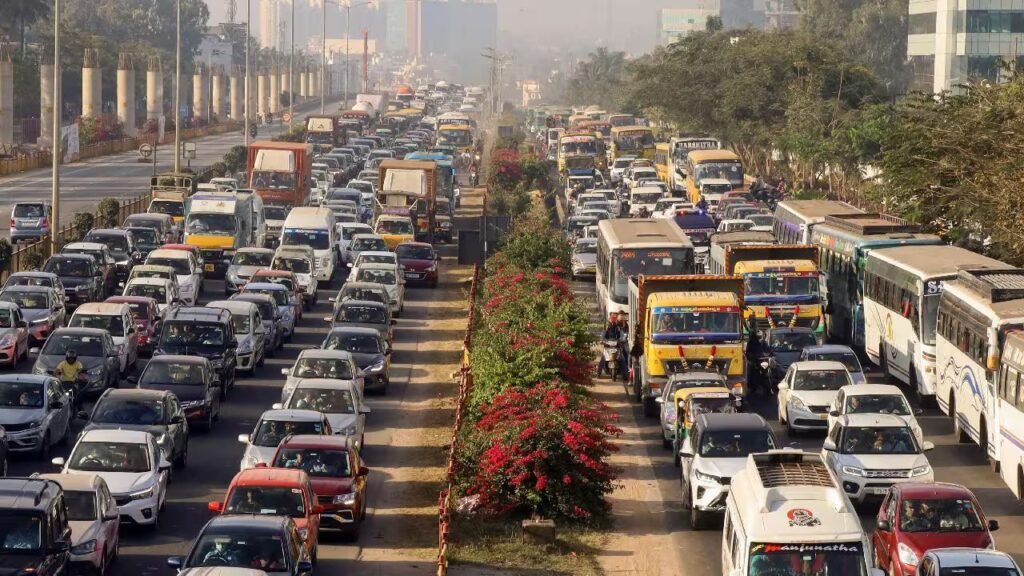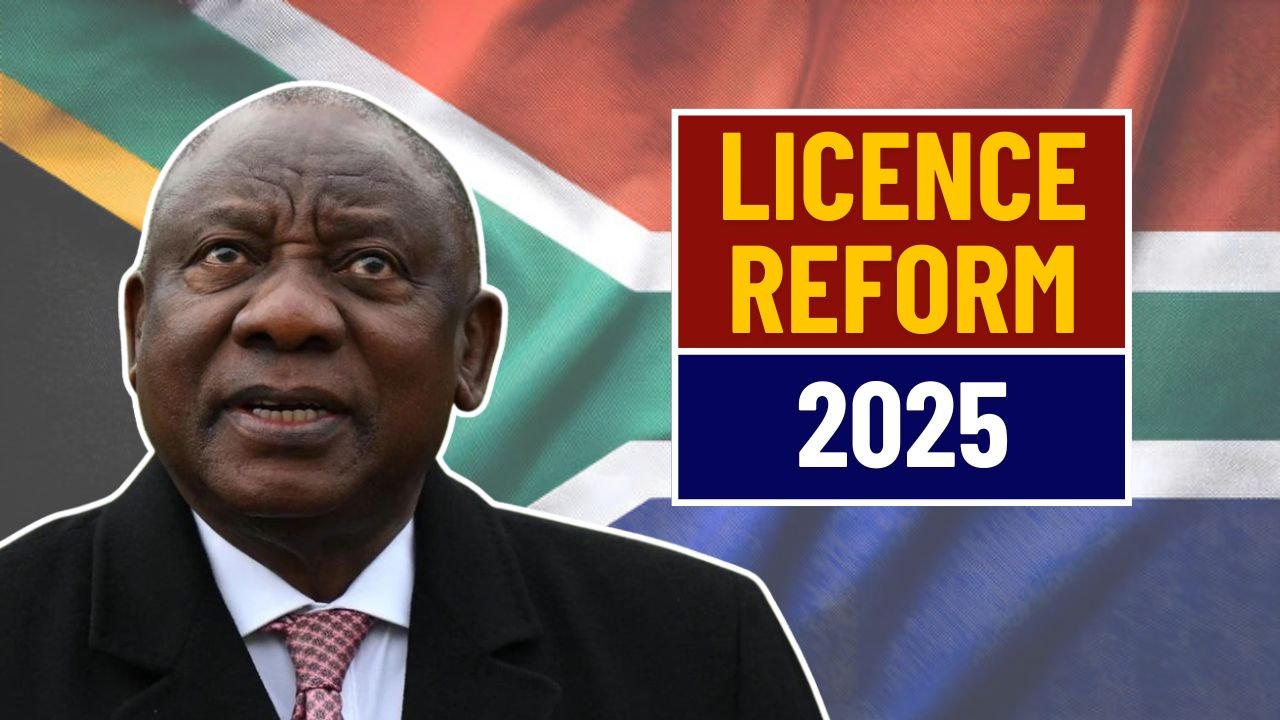In 2025, South Africa will witness a significant transformation in its driving licence system, as authorities prepare to introduce a modernized and technologically advanced framework. This sweeping reform is expected to affect millions of drivers, making it essential for every motorist to understand how these changes will alter the licensing landscape. Here’s a detailed breakdown of what’s coming and how it will influence drivers nationwide.
The Drive Towards Modernization and Efficiency
The government has identified critical flaws in the current licensing system, which include outdated methods, inefficient service delivery, and widespread fraud. These issues have prompted a complete revamp, with the goal of introducing faster, more secure, and more transparent processes. By integrating updated technologies and streamlining operations, the state aims to ensure a more reliable and effective licensing environment for all.
Introducing the Digital Licence Revolution
One of the most notable updates in the new system is the shift from traditional physical licence cards to digital licences. These licences will be accessible via electronic devices, making them easier to carry and much harder to misplace or damage. This digital transformation not only improves convenience for motorists but also contributes to minimizing fraudulent activities and administrative delays.
Elevating Standards Through Rigorous Testing

A central feature of the new licensing model is the introduction of stricter testing procedures. The theoretical and practical exams are set to become more comprehensive, ensuring only truly competent drivers are awarded licences. This also includes a more stringent assessment of medical fitness, aimed at making sure only individuals in good health and with proper knowledge of road rules are permitted to drive on public roads.
Preparing for the Upcoming Transition
As the new system approaches implementation, motorists both new applicants and those seeking renewals are advised to remain informed and proactive. Keeping track of official announcements from the Department of Transport will be key to understanding when and how the changes will come into effect. Additionally, enrolling in certified driving schools that are aligned with the updated standards will help ensure success under the new requirements.
Staying Informed in a Changing Regulatory Landscape
Information is the most valuable tool for navigating this transition smoothly. Drivers should regularly consult trusted news platforms and government sources for updates on system rollouts and policy changes. Being informed will help individuals avoid unnecessary setbacks and prepare adequately for the new procedures as they are gradually implemented.
Enhancing Road Safety Through Licensing Reform
The primary goal behind this extensive revamp is to improve overall road safety across South Africa. By ensuring only skilled and well-trained drivers are granted licences, the government hopes to significantly reduce accidents caused by incompetence or reckless behavior. Moreover, digital licences will aid law enforcement by enabling quick verification and efficient enforcement of traffic laws.
Embracing the Change for a Safer Tomorrow
Although the upcoming changes may initially seem inconvenient for some, they promise long-term benefits in terms of efficiency, safety, and global best practices. South African motorists must embrace this transition and adapt swiftly to ensure they remain compliant with the evolving standards. Taking early steps to understand and integrate these reforms will lead to a smoother experience in 2025 and beyond.
A New Chapter in Driving Legislation
As South Africa gears up for these major reforms, it’s clear that the driving licence system is on the brink of a new chapter. With digital integration, improved testing, and a firm focus on road safety, the initiative marks a forward-looking shift in transport governance. For every driver, staying ahead of the curve is not just wise it’s essential.

